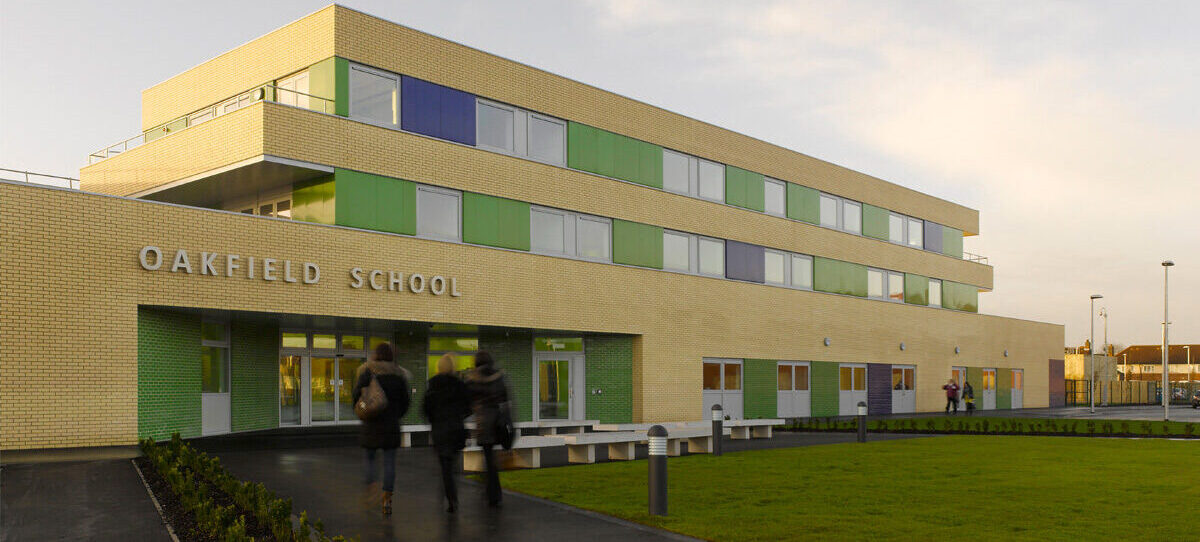Pupil Premium
The Secretary of State for Education lays down the following terms and conditions on which assistance is given about the pupil premium grant (PPG) payable to local authorities for the financial year beginning 1 April 2021.
PPG provides funding for two separate policies:
- raising the attainment of disadvantaged pupils of all abilities to reach their potential
- supporting children and young people with parents in the regular armed forces
Pupil eligibility
The following groups are eligible for pupil premium:
- Pupils who are recorded as eligible for free school meals, or have been recorded as eligible in the past 6 years, including eligible children of families who have no recourse to public funds (NRPF)
- children looked after by local authorities, referred to as looked-after children
- children previously looked after by a local authority or other state care, referred to as previously looked-after children
Funding rates for financial year 2023 – 2024:
This table shows how the pupil premium grant is allocated to schools and local authorities in financial year 2023-24, based on per pupil rates.
| Pupil eligibility criteria | Amount of funding for each primary-aged pupil per year | Amount of funding for each secondary-aged pupil per year | Funding is paid to |
| Pupils who are eligible for free school meals, or have been eligible in the past 6 years | £1,455 | £1,035 | School |
| Pupils previously looked after by a local authority or other state care | £2,530 | £2,530 | School |
| Children who are looked after by the local authority | £2,530 | £2,530 | Local authority |
We have permanently extended free school meal eligibility to include children in all households with no recourse to public funds (NRPF). The guidance on Providing free school meals to families with NRPF includes:
- a new claims form for schools to complete
- eligibility criteria
- income thresholds
- details on claiming additional pupil premium
Eligible schools
The following types of schools are eligible to receive an allocation of pupil premium.
Local authority-maintained schools
This includes:
- mainstream infant, primary, middle, junior, secondary and all-through schools serving children aged 5 to 16
- schools for children with special educational needs or disabilities
- pupil referral units (PRUs), for children who do not go to a mainstream school
Academies, free schools and non-maintained special schools
This includes:
- mainstream academies serving pupils aged 5 to 16
- academies and non-maintained special schools for children with special educational needs or disabilities
- alternative provision (AP) academies, for children who do not go to a mainstream school
Pupil premium funding is also provided to local authorities for eligible pupils in independent special schools, where the local authority pays full tuition fees.
Service pupil premium (SPP)
The service pupil premium is additional funding for schools, but it is not based on disadvantages. It has been combined into pupil premium payments to make it easier for schools to manage their spending.
Schools get £320 in 2022 to 2023 for every pupil with a parent who:
- is serving in HM Forces
- has retired on a pension from the Ministry of Defence
This funding is primarily to help with pastoral support. It can also be used to help improve the academic progress of eligible pupils if schools deem this to be a priority.
Use of the pupil premium
The funding paid to schools
School leaders are best placed to assess their pupils’ needs and use the funding to improve attainment, drawing on evidence of effective practice. The pupil premium is not a personal budget for individual pupils and schools are not required to spend all of the allocated grants on eligible pupils.
It is for school leaders to decide how to spend the pupil premium, within the requirements of the conditions of the rant.
Evidence suggests that pupil premium spending is most effective when used across 3 areas.
- High-quality teaching, such as staff professional development.
- Targeted academic support, such as tutoring.
- Wider strategies to address non-academic barriers to success in schools, such as attendance, behaviour and social and emotional support.
The Education Endowment Foundation (EEF) recommend that schools particularly focus their pupil premium on supporting high-quality teaching.
The funding paid to local authorities for looked-after children
Virtual School Heads are responsible for managing the funding given to local authorities for the children in their care. They work with schools to ensure the funding is used to help deliver the outcomes identified in the children’s education plans.
They can pass all of the funding on to schools or retain some to fund activities that benefit a group or all of the authority’s looked-after children.
Further information is available on Virtual School Heads’ responsibilities for using pupil premium
Non-eligible pupils
Schools do not have to spend pupil premiums, so it solely benefits eligible pupils. They can use it wherever they identify the greatest need. For example, they might spend it on pupils who do not get free school meals but:
- have or have had a social worker
- act as a carer
Using pupil premium funding to improve teaching quality is the most effective way to improve outcomes for disadvantaged pupils. By doing so, schools will inevitably benefit non-eligible pupils as well.
This report aims to inform parents, carers and governors how much pupil premium the school received for 2020 – 2021, how it was spent and the impact it had n pupils’ achievement. The report also explains how the pupil premium for 2020/21, 2021/22 and 2022/23 was used:
- Pupil Premium (2020 – 2021)
- Pupil Premium (2021 – 2022)
- Pupil Premium (2022 – 2023)
- Pupil Premium (2023 – 2024)
Review Date
Oakfield School reviews the pupil’s premium strategy termly. The Pupil Premium is authorised by the Governing Body.
Key Staff:
- Lee Thompson (Assistant Headteacher) – Pupil Premium Lead
- Huw Jones – Governor Lead
To apply for Free School Meals please visit:
